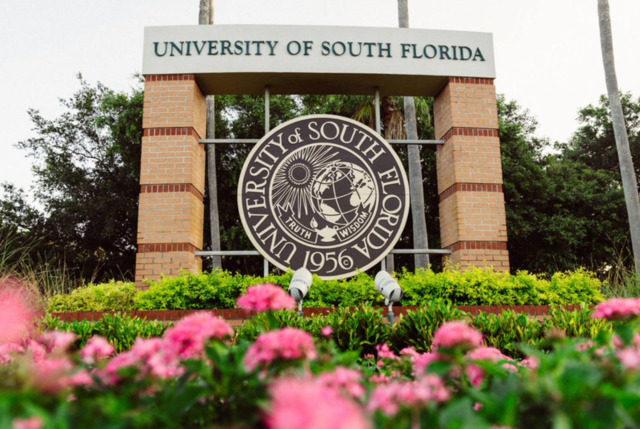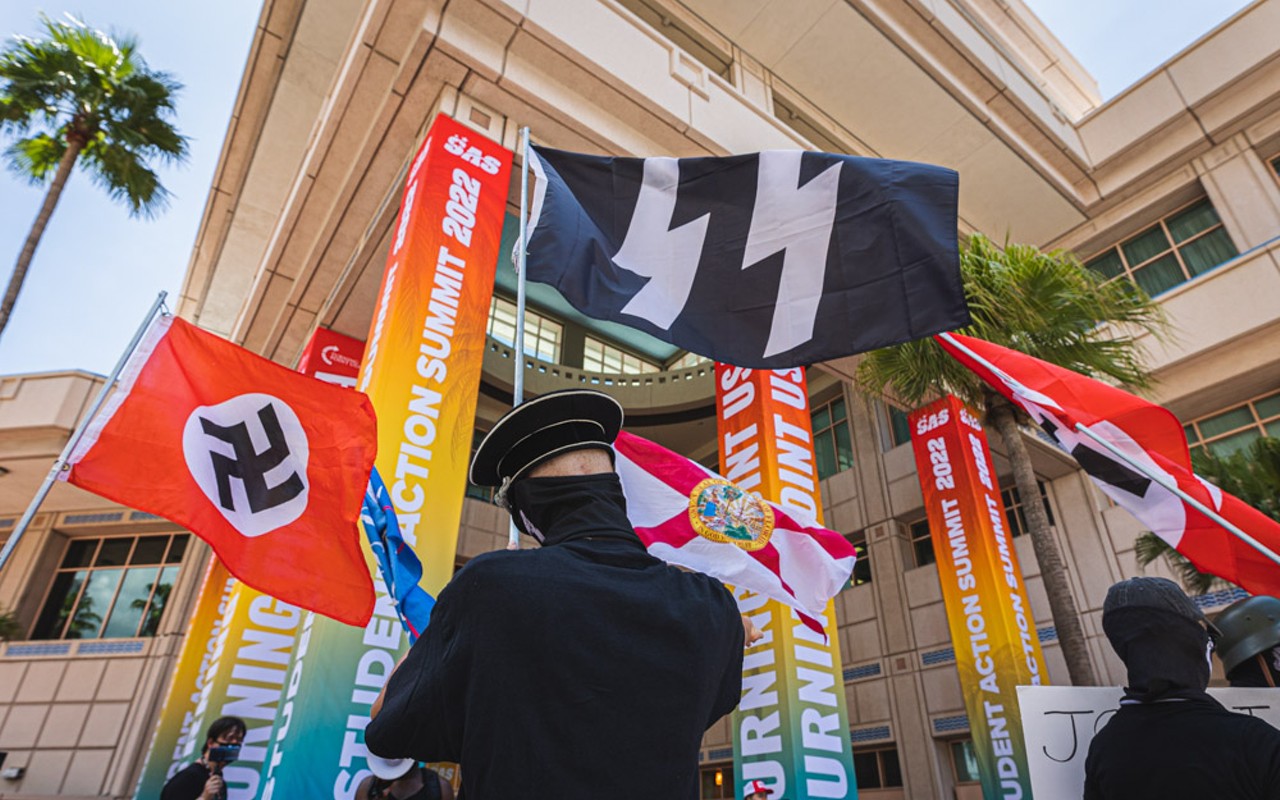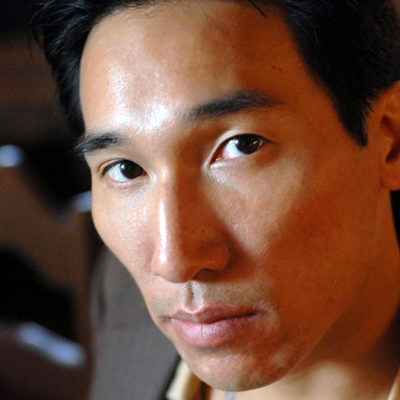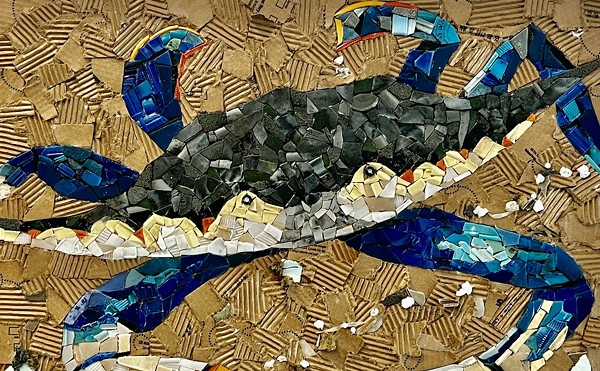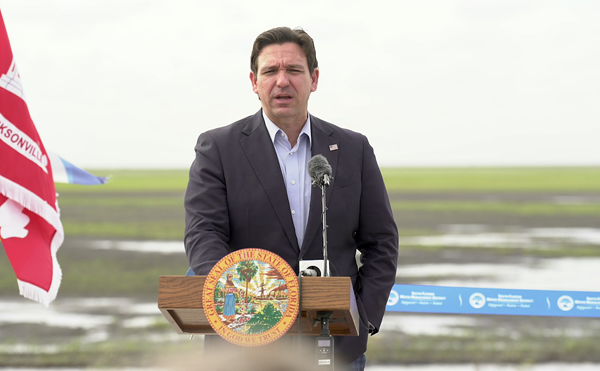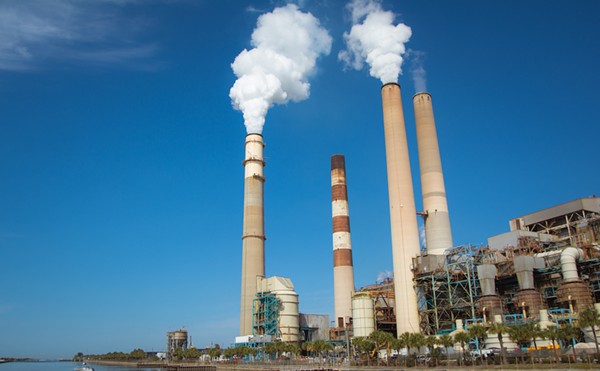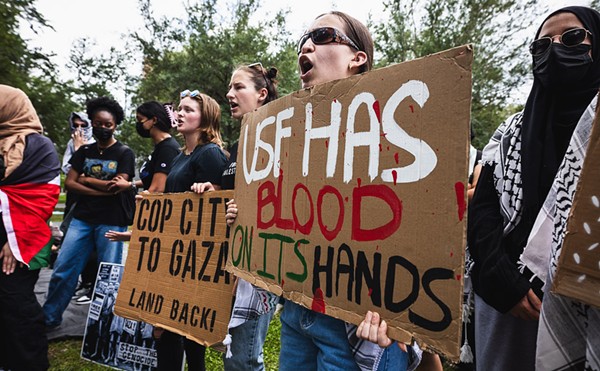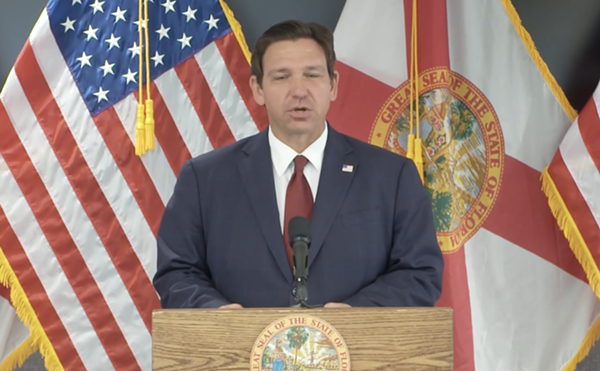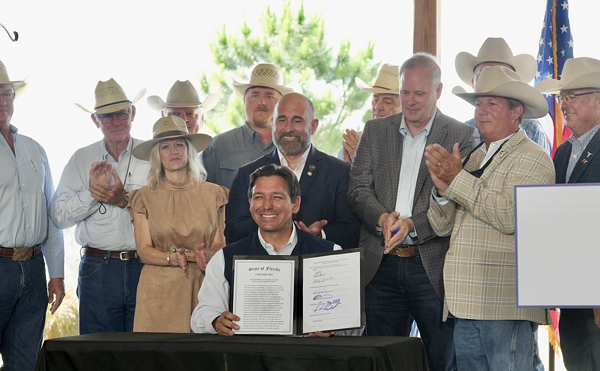“Simply put, silence in the face of discrimination and racism is the same as agreement, and the silence of University of South Florida administration before and since the passing of HB/999 and SB266 is deafening,” reads the statement. “Administrators tout their dedication to diversity, equity, and inclusion, while not openly condemning SB/266.”
A spokesperson for BFSA spoke to Creative Loafing Tampa Bay on condition of anonymity, out of fear of retaliation from USF.
“All the organizations have met with the administration repeatedly,” the spokesperson told CL. “It's not like they don't know what's happening. They may say they're unaware or try to give you some statistics but what we know is there is a Black exodus at USF.”
In its own statement, USF told CL it remains committed to providing access and opportunities for individuals of all backgrounds.
USF strives to provide a welcoming environment on our campuses where everyone can experience a sense of belonging and has the resources they need to be successful,” Althea Johnson, USF’s Director Of Media Relations told CL via email. “Throughout the past several months, USF leaders met with numerous university and community groups to share updates on proposed legislation and to listen. Their perspectives are important to understand as we regularly engage in conversations with the Board of Governors (BOG) and our elected officials about higher education in our state.”
Regarding SB 266, Johnson told CL that after the law takes effect on July 1, the Florida Board of Governors (BOG) is required to develop several regulations that will guide how state universities implement different aspects of the law.
“Once the BOG regulations are created, we will be able to determine how the new law impacts USF,” Johnson told CL via email. “We recognize this process causes some uncertainty, and we will continue to keep our community updated as soon as more information is available.”
BFSA said many who’ve left cited mental illness from work stress as their cause for leaving. The group said it no longer holds its regular meetings on the USF-run Microsoft Teams for fear of being monitored. Some BFSA faculty said they no longer include their title on their email signature, for fear of being targeted. The last six months has shown that fear isn’t unfounded.
In March, USF arrested and charged five students, also known as the “Tampa 5,” with felonies after they protested for diversity, equity and inclusion outside president Rhea Law’s office. In a video obtained by Creative Loafing through public records request, USF President Rhea Law spoke to staff about the recent arrests.
“It's not the content and what they were concerned about, they were concerned about this legislation [SB 266], we’re concerned about it too,” Law said in the video. “But we were working on it, hopefully in a productive way to get a result we can all live with. They, on the other hand, were being disruptive.”
The meeting was ahead of the students' code of conduct hearings and Law told faculty she heard that staff thought the protest was an “active shooter situation.”
A spokesperson for the Committee on Black Affairs (COBA) also spoke to CL anonymously and said they no longer encourage Black students to come to USF.
“My own conscience won’t allow me to assist in recruiting new Black students at USF, based solely on the climate that exists here,” the spokesperson told CL. “Don't come to USF. Don't come to any Florida state university.”
At this point BFSA and the Black affinity groups say they just want to let others at their organizations know they aren’t alone.
“Most of us would feel better if the leadership at state universities would at least make public statements saying this new legislation is bad for the university,” the spokesperson said. “They’ll say it behind closed doors, but they won’t say it in earshot of the Governor or any other politician.” Subscribe to Creative Loafing newsletters.
Follow us: Apple News | Google News | NewsBreak | Reddit | Instagram | Facebook | Twitter | Or sign up for our RSS Feed

